Publications
Articles, publications, books, tools and multimedia features from the U.S. Institute of Peace provide the latest news, analysis, research findings, practitioner guides and reports, all related to the conflict zones and issues that are at the center of the Institute’s work to prevent and reduce violent conflict.
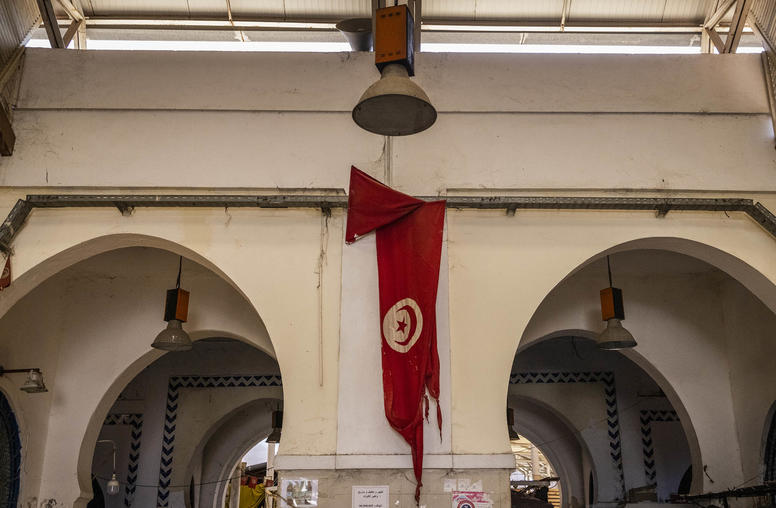
Tunisia’s new constitution expands presidential power. What’s next for its democracy?
A year after Tunisian President Kais Saied began a series of moves that expanded presidential powers, a new constitution further empowering the presidency has been approved by referendum. Amid a dire economic crisis, many Tunisians expressed support for Saied’s moves, as the promise of the 2011 uprising evaporated over the last decade. While the referendum passed with 94 percent of the vote, only 30 percent of Tunisians participated. Once heralded as the sole democratic success of the Arab uprisings, Tunisia’s democratic future trajectory is more uncertain than ever following the constitutional referendum.
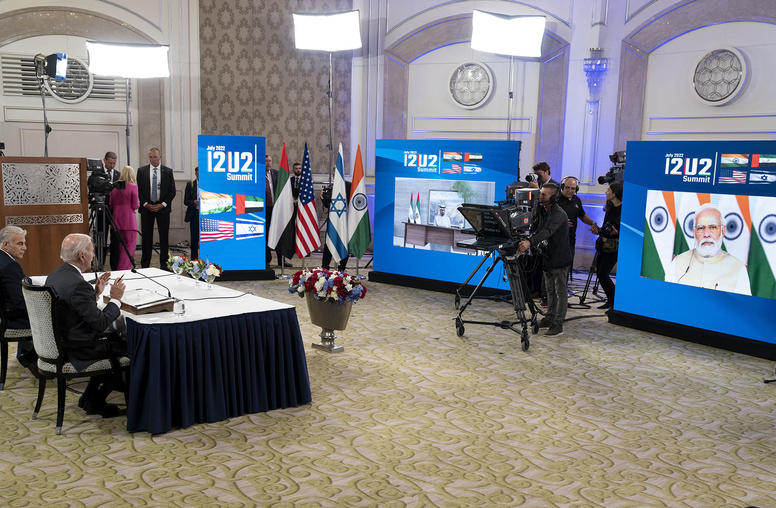
What You Need to Know About the I2U2
As part of his visit earlier this month to the Middle East, President Biden participated in the first leaders summit of a new grouping made up of Israel, India, the United Arab Emirates and the United States. Known as the I2U2, the countries’ foreign ministers formed the bloc in the fall of 2021 to deepen technological and private sector collaboration in the region and tackle transnational challenges in six focus areas: water, energy, transportation, space, health and food security. Beyond the announcement of a food security initiative and a hybrid renewable generation facility for India, little was revealed about what’s next for I2U2.
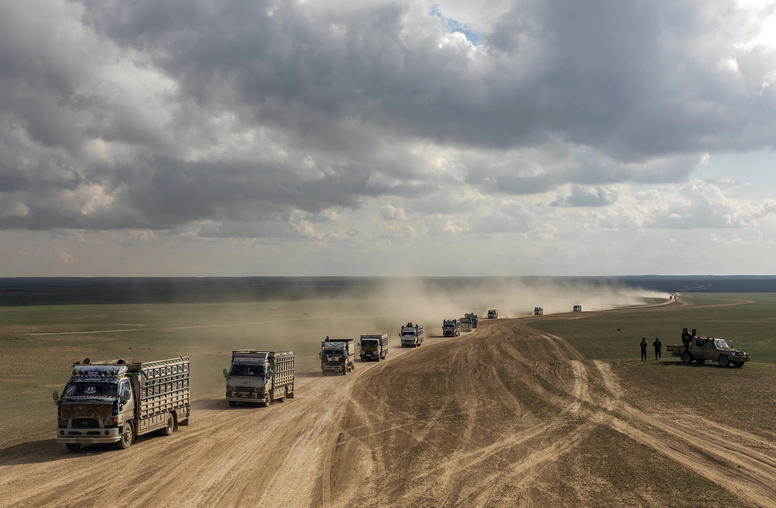
ISIS is a Problem of Yesterday, Today and Tomorrow
More than three years after its military defeat in Iraq and Syria, ISIS is a downgraded threat thanks to the collective efforts of the U.S.-led global coalition that coalesced to defeat it along with Iraqi and Syrian partners. While the extremist group’s capacity has been drastically reduced and millions of people have returned home, ISIS has managed to continue attacks year after year despite no longer holding territory. Meanwhile, some of the most difficult human legacies — the challenges facing the people the ISIS conflict left behind — are still with us, with no end in sight.
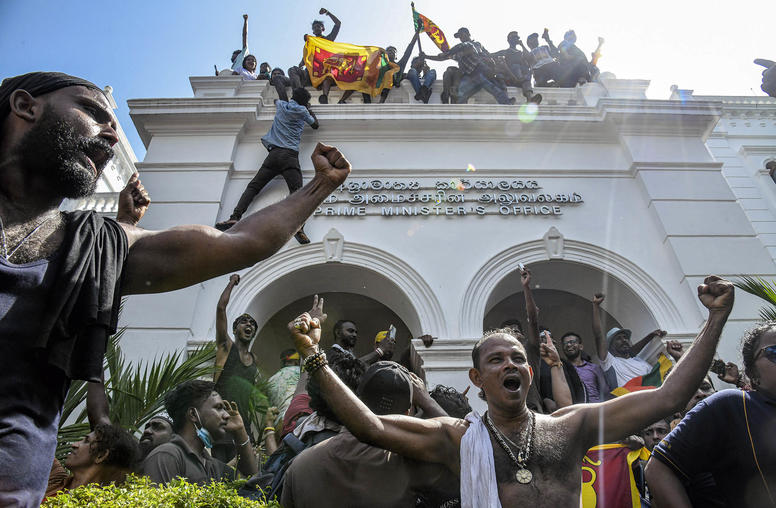
Sri Lanka Teeters on the Brink
Sri Lanka is grappling with its most serious political and economic crises since its independence in 1948. Navigating these interlinked crises will require reforming the South Asian island nation’s constitution to reduce the power of the executive presidency and securing a bailout from the International Monetary Fund (IMF), according to experts.

Hacia una Cultura de Estado de Derecho
Hacia una cultura de Estado de derecho se recomienda principalmente para profesionales del sector judicial de medio y alto nivel, ya que asume que el lector tiene algún grado de conocimiento y experiencia dentro del sistema de justicia en su propio país. Esto incluye funcionarios gubernamentales como legisladores, fiscales, jueces, policías y funcionarios penitenciarios y representantes no gubernamentales incluyendo abogados defensores, representantes de instituciones nacionales de derechos humanos y otros órganos de supervisión y miembros de organizaciones de la sociedad civil.
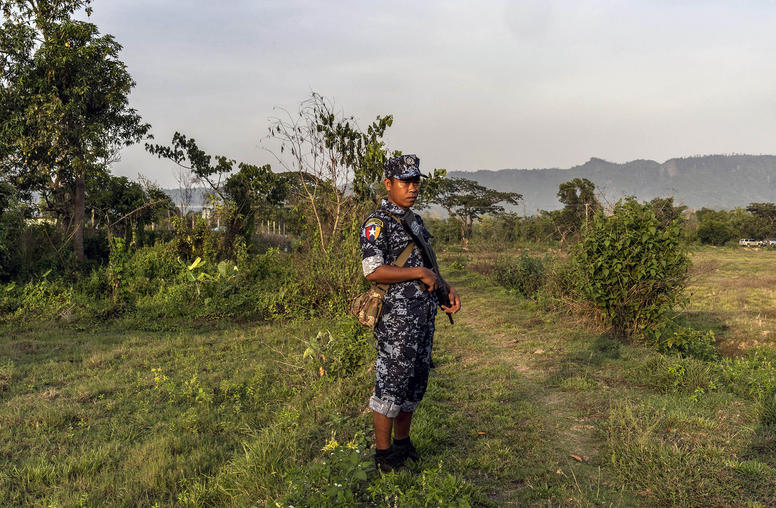
In Myanmar’s Rakhine State, a Fraying Truce May Hold Key to Anti-Regime Fight
Myanmar has been crippled by growing political turmoil and militant resistance since the army overthrew the elected civilian government on February 1, 2021. Today, most of the country is engulfed in a virtual civil war. In Rakhine State, however, home to one of Myanmar's most powerful ethnic armed organizations, a tenuous peace still prevails under a cease-fire reached with the pre-coup military in 2020. At the time, the truce benefited both the military and its adversary, the Arakan Army. Now, under the pressures unleashed by the military’s power grab, that deal is fraying. Should it collapse, the coup regime will face a vastly strengthened insurgency. The people of Rakhine, collaterally, will all but certainly suffer brutal counterstrikes from the air force and artillery of a military untroubled by its record of war crimes.
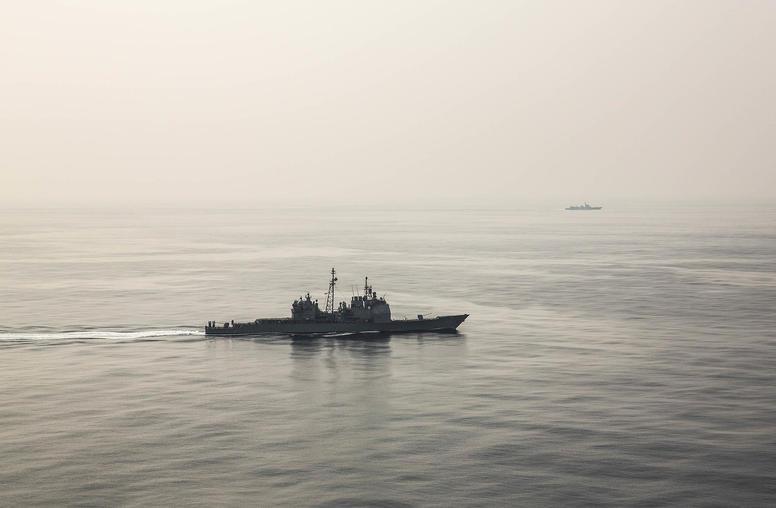
China’s Search for a Permanent Military Presence in the Pacific Islands
In April, China signed an unprecedented security pact with the Solomon Islands, sparking regional concerns of a future Chinese military presence there. China’s pursuit of greater military reach in the Pacific Islands draws parallels to Imperial Japan’s construction of bases prior to World War II, and the implications are, likewise, strikingly similar. A Chinese military presence in the Pacific Islands could complicate transit between Australia and the United States, allow Beijing to increase its power projection in the second and third island chains, and bring Chinese military firepower closer than ever to Australian and U.S. territory. Can the United States and its partners prevent such an outcome?
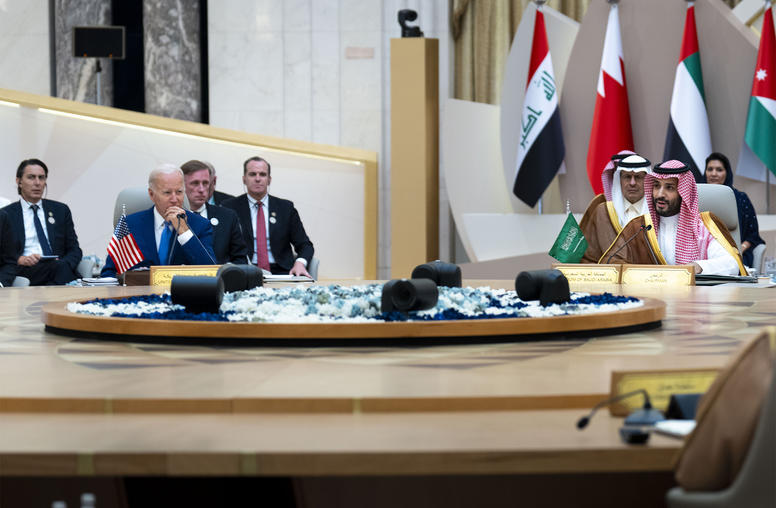
Five Takeaways from Biden’s Visit to the Middle East
President Biden made his first trip to the Middle East last week, visiting Israel and Saudi Arabia. While the trip yielded little in the way of flashy announcements — like new normalization agreements or Saudi Arabia boosting oil production — it did demonstrate that the United States remains focused on enhancing the region’s security architecture, particularly to counter Iran. Still, there were some notable developments, like a U.S.-Saudi agreement to build 5G and 6G telecommunications networks and Riyadh opening airspace to Israeli flights. On the Israeli-Palestinian front, the president affirmed Washington’s long-standing commitment to Israel and said that now was not the time to reengage on peace talks with the Palestinians.

Ambassador William Taylor on the State of Russia’s War with Ukraine
As fighting intensifies in eastern Ukraine, USIP’s Ambassador William Taylor says the war is now “a race … between the Ukrainians trying to get new weapons coming from the United States and other NATO nations while the Russians try to move through the eastern part of the country.”
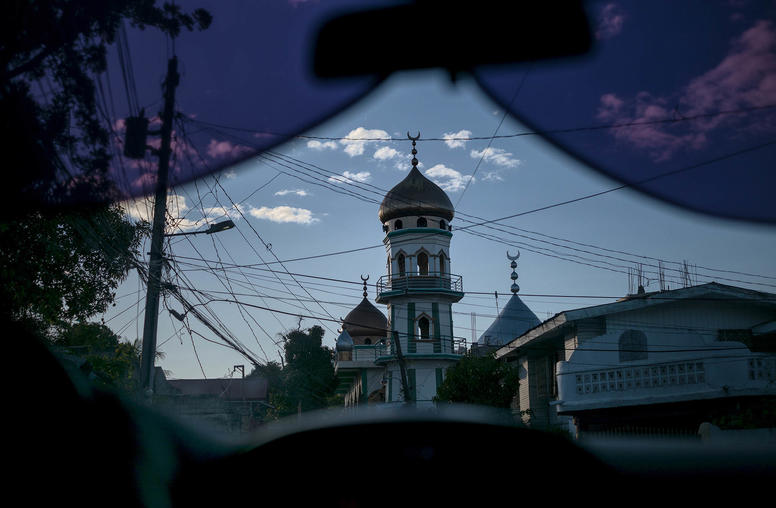
The Philippines’ Bangsamoro Transition Authority’s Expectation Management Challenge
A crucial component of the success of any peace process is winning the support of local populations. This was particularly important in the southern Philippines where the progression of recent peace efforts depended on the result of the 2019 plebiscite. After decades of war and endemic poverty, expectations are high for what the peace dividend will deliver in socioeconomic, education, security, infrastructure and political reforms. The Bangsamoro Transition Authority’s (BTA’s) expectation management challenge may prove decisive in maintaining popular commitment to the peace process. The Bangsamoro Information Office (BIO) has a central role to play in these efforts.